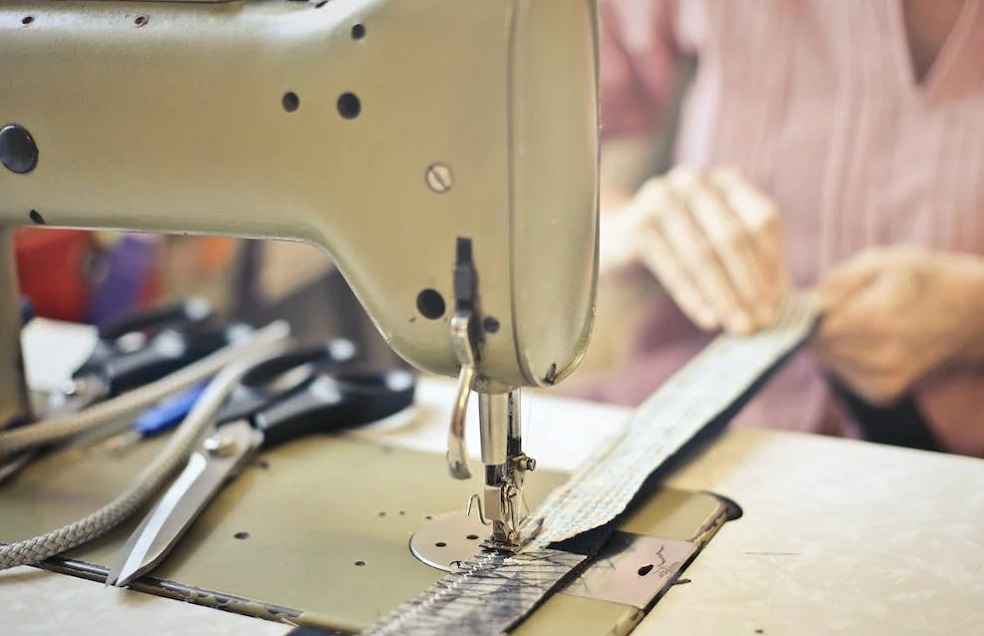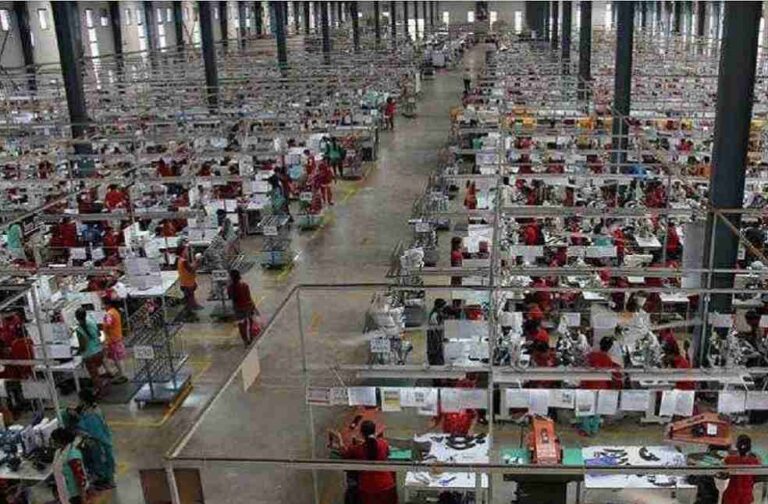Holding the baton as the world’s second-largest exporter of ready-to-wear (RMG) clothing, Bangladesh stands at the forefront of adapting recycled fabrics, thereby introducing sustainability into its burgeoning garment industry.
The RMG sector serves as a vital lifeline for Bangladesh’s economic landscape, contributing a remarkable 83 percent to the nation’s total exports, reflecting an astounding value exceeding $33 billion back in 2019. These figures bear testament to the industry’s global impact, with Bangladesh claiming approximately 6 percent of the worldwide garment exports, signifying its influential presence on the global stage.
Despite these achievements, heavy dependence on imported raw materials, especially cotton fiber, dims the industry’s sustainability efforts. The fiscal year 2019-20 witnessed Bangladesh importing an immense 17.85 million tonnes of raw cotton, accompanied by substantial quantities of polyester and viscose staple fiber. In an era of growing global consciousness regarding sustainability and environmental preservation, this considerable reliance on raw and potentially non-renewable resources presents a pressing concern.

With around 4.2 million people working in the garment industry and an additional 5 million within the associated textile industry, Bangladesh recognizes the urgency to incorporate eco-friendly practices into its operations, given the dual challenge of environmental and economic sustainability.
Material costs comprise a significant fraction of clothing production expenses. Reducing wastage could effectively boost the industry’s profitability. lack of awareness and data about the extent of materials waste in the textile and apparel industry in the country remains a concern.
Research undertaken by the Centre for Policy Dialogue in Bangladesh reveals that despite attempts by the country’s 4,500 active garment units to enhance efficiency and streamline textile usage, waste generation remains a stubborn element throughout the production cycle. This waste originates from various stages, encompassing garment creation and the intricate processes of sewing and dyeing.

With the global fashion industry progressively leaning towards sustainable practices, Bangladesh’s move to adopt recycled fabrics might revolutionize its thriving RMG sector. This initiative presents a compelling opportunity for economic growth, and environmental preservation, and sets a precedent for other nations engaged in the global garment trade.
GLOBAL EVENTS| Interwoven Might: Textile Trade Weaves Resilient Bond Amid China and U.S



